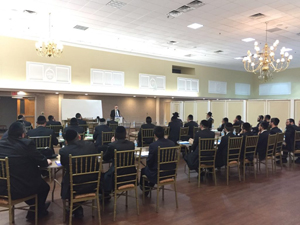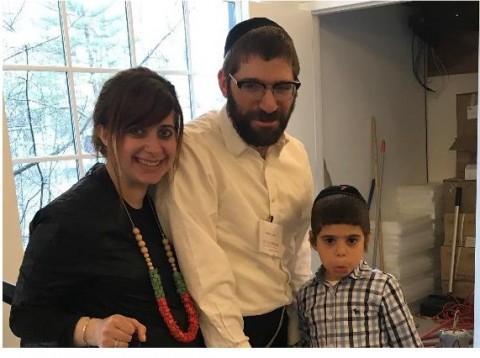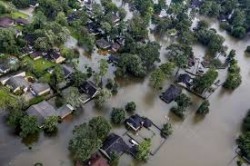7 Tips to Remember When Breaking Bad News to Children
There are a million reasons why we can’t shield our children from the reality of death. Nor should we.
Our challenge is not to keep bad news at bay, but to help our children understand, accept and express themselves when it happens.
ray ban sunglasses german

- Adults can help children synthesize news of death, tragedy, or trauma into their lives.
It will be the rare child who will pass into adulthood without being touched by the death of someone close. Events like this week’s massacre at a Har Nof, Israel, synagogue, splashed all over the media in gory detail, can also shock or trigger distress. Chai Lifeline’s crisis team offers parents a 7-point guide for adults who must help children process a personal or communal tragic event.
1. Get yourself under control. Showing emotion is appropriate. Allowing yourself to be overcome with grief when transmitting news is scary for children. They need to know that an adult will take care of them.
2. Talk about death in age appropriate, direct, factual terms. Speak in a gentle voice. Parents can hug their children, hold their hands, or place their arm around their shoulders.
3. Encourage children to give voice to their feelings. Emphasize that there are no right or wrong reactions. Validate their emotions. Chances are, whether the dominant feeling is sadness, anger, relief that someone is no longer in pain, or intense longing, others feel it as well.oakley gascan sunglasses
4. Focus children’s attention on activities that can provide solace. If they don’t want to speak, they may feel better by drawing, writing in a journal, playing, making music or engaging in art projects.
5. Let children know who they can turn to for support. Never leave a child feeling stranded.
6. Encourage children to engage in activities they find comforting and relaxing. Let them know that even the saddest people need to play, be with friends, and distract themselves or they will be overwhelmed by grief. At the same time, you need to allow children to be children. Don’t get upset when they act their age.
7. Understand that children process bad news differently at each stage of childhood.Cheap ray ban sunglasses






















